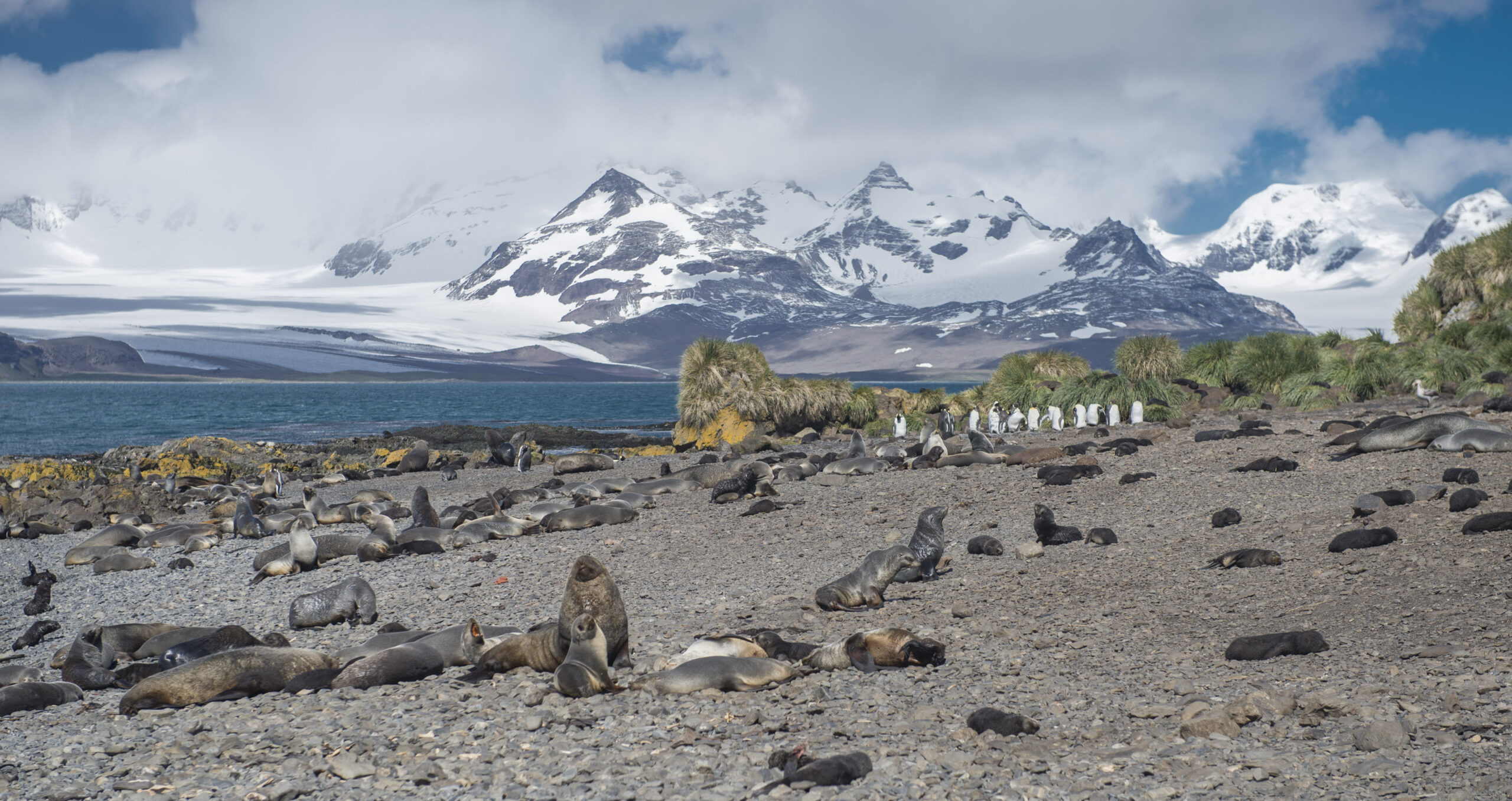
Ecosystem diversity
Marine Biodiversity Research
Main areas of work
Background
Biodiversity research is one of the most dynamic fields of research in the environmental sciences in general, and marine research in particular. Marine biodiversity determines all biological processes in marine ecosystems and thus also the ecosystem goods and services used by humans. These include food and raw materials ("goods"), but also "services" such as the production of oxygen, the absorption of carbon dioxide and pollutants, or the establishment of attractive spaces for recreation and tourism. When biodiversity changes, biological processes and the ecosystem services linked to them change, i.e. there are ecological and economic consequences. The current rapid change in biodiversity exceeds all known extinction events in Earth's history and includes both the immigration of new species ("bioinvasion") and local biodiversity losses, including through habitat fragmentation, overexploitation, climate change, nitrogen deposition. These continue to increase in intensity, so that the "millennium target" of the Convention on Biological Diversity (CBD) to slow down the negative trend by 2010 was missed. The establishment of the Intergovernmental Platform for Biodiversity and Ecosystem Services (IPBES, based in Bonn) takes account of concerns about the future of global biodiversity.
At the same time, the focus of biodiversity research itself has shifted towards research on "functional" biodiversity, i.e. the relationship between the diversity of life forms and their role in ecosystems.
The central questions of marine biodiversity research
- What biodiversity at the level of genes, species, interactions and habitats is on Earth?
- What mechanisms lead to the patterns of biodiversity that we observe?
- What changes in biodiversity do we expect in times of global change?
- What are the consequences of changes in biodiversity on ecosystem functions?
- What is the significance of these consequences of altered biodiversity for humans?
Marine aspects of functional biodiversity are of utmost importance in view of increasing human use of the sea for food and raw materials as well as the central role of the ocean in global climate processes. In 2013, the structural analysis of German marine research gave the topic of functional biodiversity outstanding importance and called for coordinated interdisciplinary research.
Foundation of a strategy group
In order to strategically position German marine biodiversity research and to network it internationally, the German Marine Research Consortium has decided to set up a strategy group on this topic. The Biodiversity Strategy Group was constituted on 3 March 2014, and Prof. Dr Helmut Hillebrand, Institute of Marine Chemistry and Biology, Carl-von-Ossietzky University Oldenburg took over the chair. PD Dr Reinhold Hanel, Head of the Thünen Institute of Fisheries Ecology, was elected as Deputy Chair.